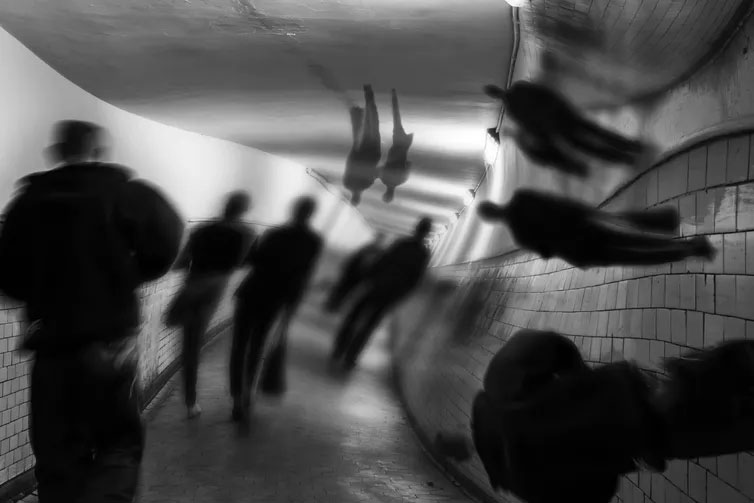These terms reflect beliefs that posit the superiority of one identity over another: men over women, whites over non-whites, heterosexuals or homosexuals, wealthy over other classes, able bodied over disabled. Our gender, race, sexual orientation, class, disability, religion, and race can play a significant role in determining our sociaL, economic, and political status in society. We usually think of our identities in singular terms, but one’s identity has multiple and intersecting parts. We need to consider the meaning of identity, beyond “Who I am”. We need to set our identities in broader social and historical contexts to understand them in relation to other groups. This understanding will answer the question of “fitting in”.
Identity is generally defined as, “the distinctive characteristics of a person’s character or the character of a group. Both individual and group identity is largely provided by social markers.” One’s perception of oneself is usually framed within the wider social context, thus the most important markers of an individual’s identity is his/her name. Names allow us to identify both as an individual and a member of a specific social group. Name is also correlated to one’s racial heritage. As we grow up, the socio-racial hierarchy intersects with other aspects of our lives. With the cultural markers or biological and psychological markers, it is essential to understand that our identities comprise of shared ideologies, ideas, biases, and the way in which we perceive the world. Thus, our identities are socially constructed, and our biological attributes are only one part of our life.
For example, I am a woman studying in the capital of my country and I identify as a feminist. I wonder why it took me so long to identify as a feminist, while signs of oppression have always surrounded me. During all this time it never once occurred to me to take up the issue of women’s rights nor did I wake up one day thinking “today I will advocate women’s rights”. Becoming an activist is the result of an internal process fuelled by observations. Anthropologist, Naisaigri Dave, writes that “activism exists in the realm of the ethical”. She remarks that “activists act because, collectively, they nurture ethical ideas about what the world could look like. They act of conflicted, sometimes uncomfortable, beliefs in the possibility of justice. They act in part because they desire new freedom that they can yet only imagine, but strive to enable”. There is a conscious change in the behaviour, as a feminist, due to which I would radically alter myself in relation to the social reality. Now that I am living in a society, my conscience has been awakened. I have become increasingly aware of the values and attitudes that I have internalised. Moreover, being exposed to feminist ideologies and activism, I am not only aware of the oppression, but also the ways to confront it.
The basic point is to critique and problematize using one’s own normative models of identity and politics; “a scrutiny that demands the scrutinizer’s own constant undoing”. This step is taken forward by inventing unimaginable possibilities. With this condition of possibility come the creative practice of new forms of care and rationality. Foucault advanced an aesthetic mode of ethical self fashioning that emphasized invention and creativity over the inhabiting of already given norms for proper behaviour. Personally, by indulging into activism, either by participating in protests or by experiencing a radical thought, I have realised the need to confront the social reality in conflict with another, and understand “what we are and where are we in the light of what we are not yet”. As a woman, lesbian/gay, person of colour, and various other identities we hold, the oppression we face is rooted in social constructs. Hence, we need to turn to politics and embrace political action, because the personal is political.





